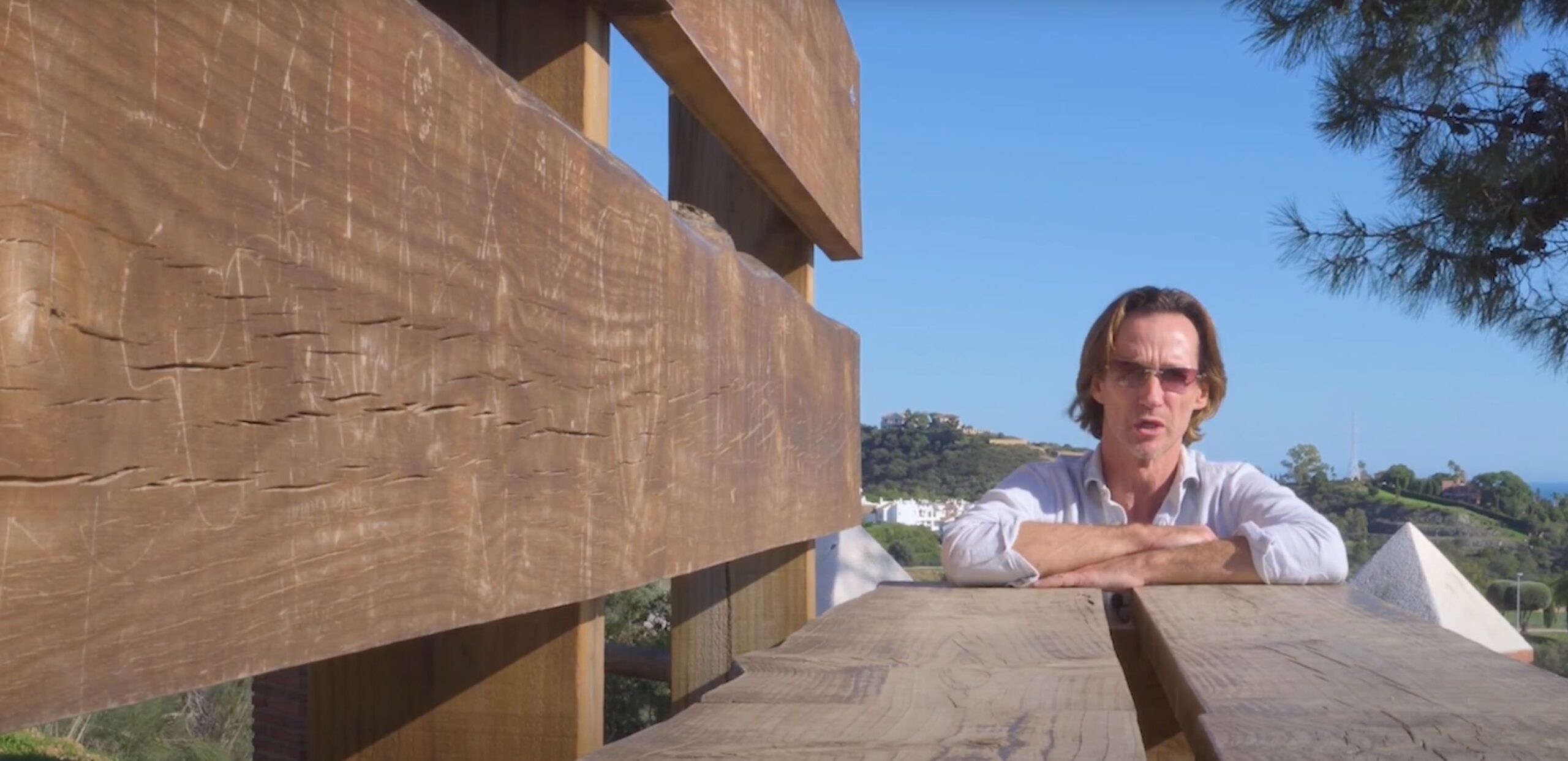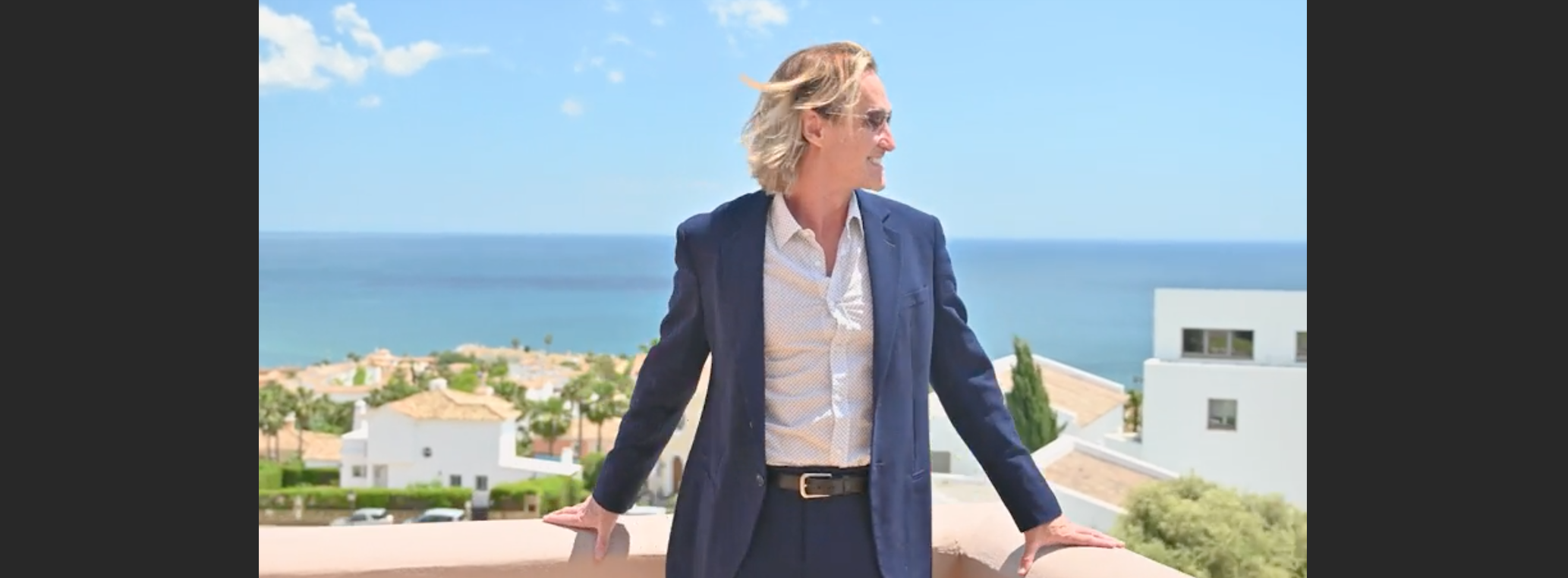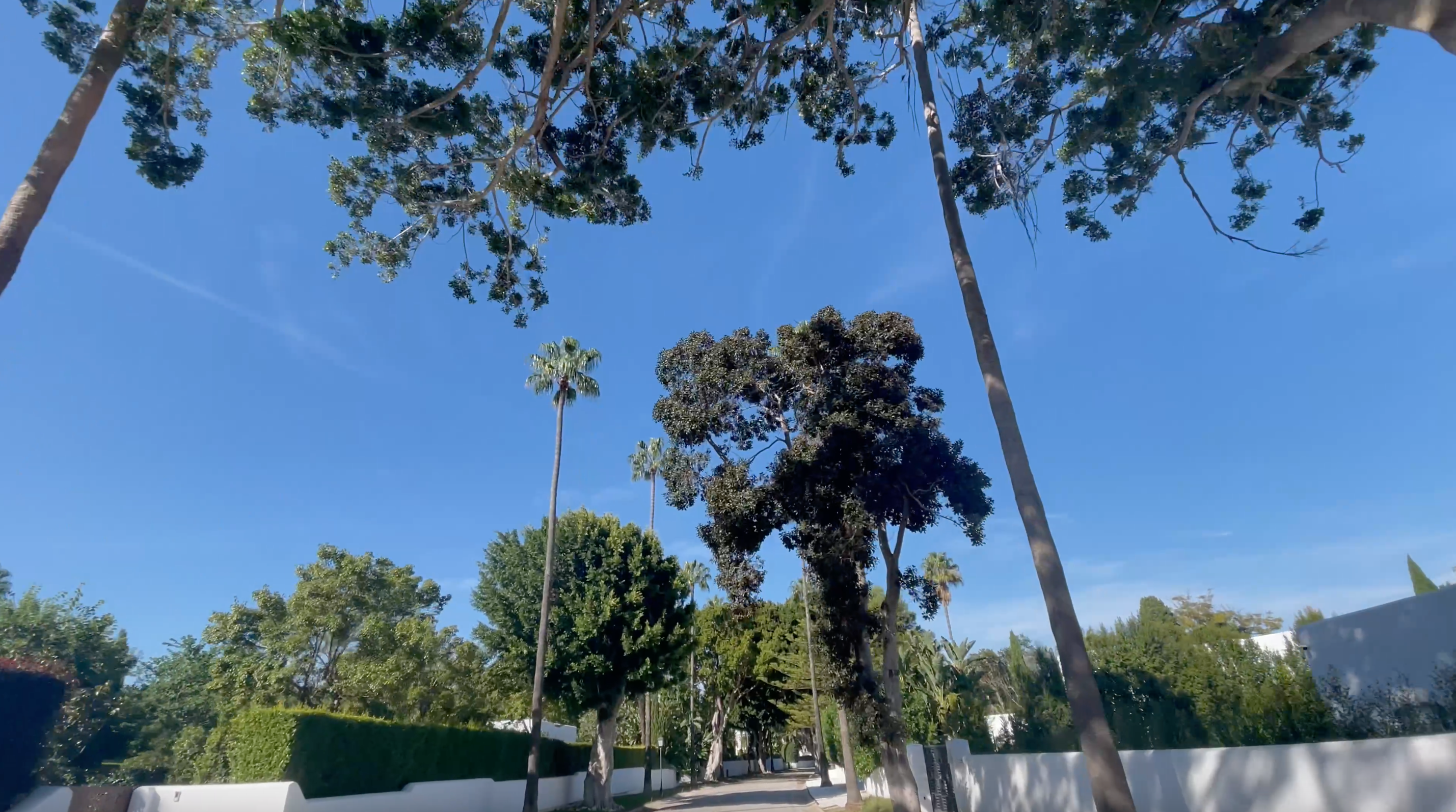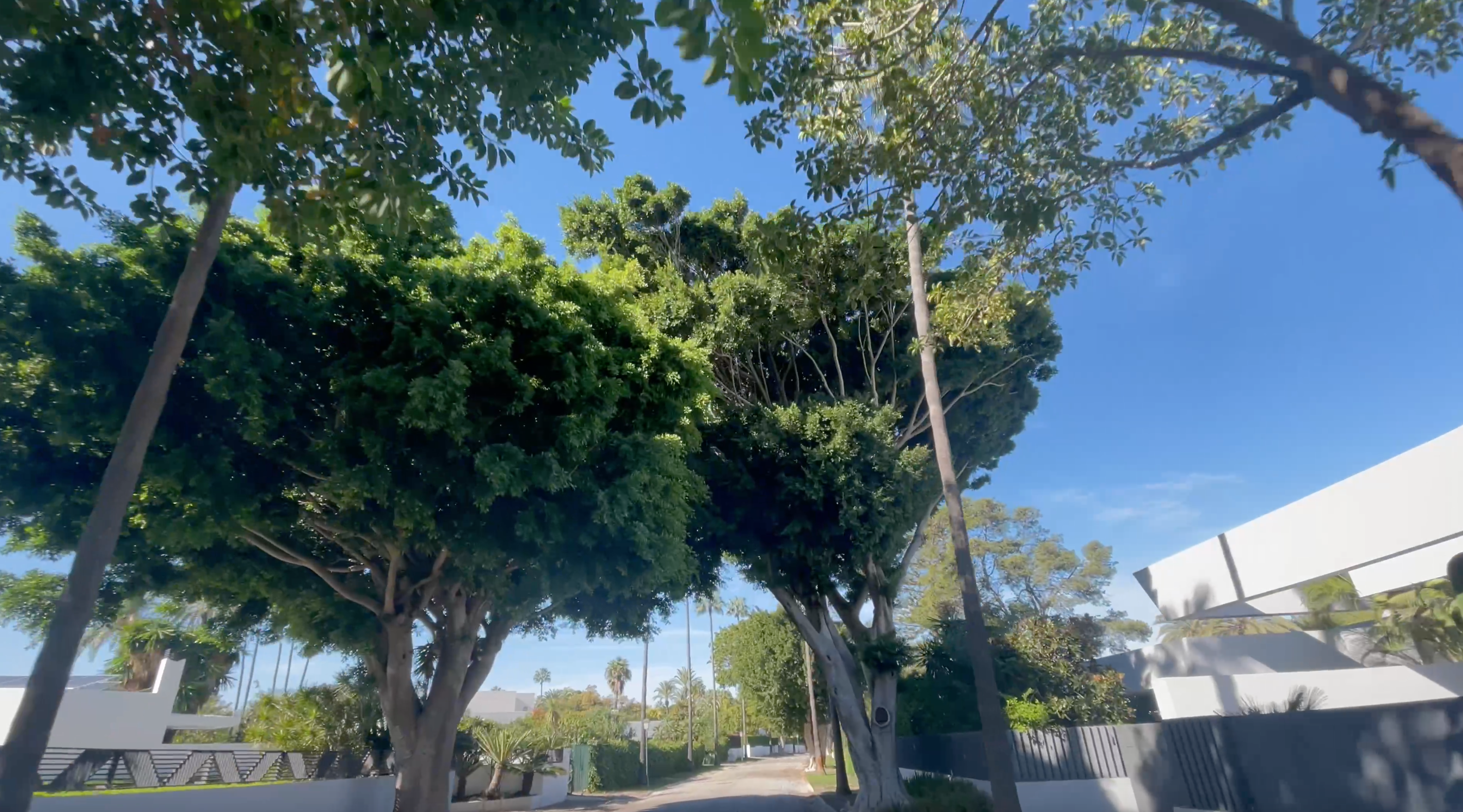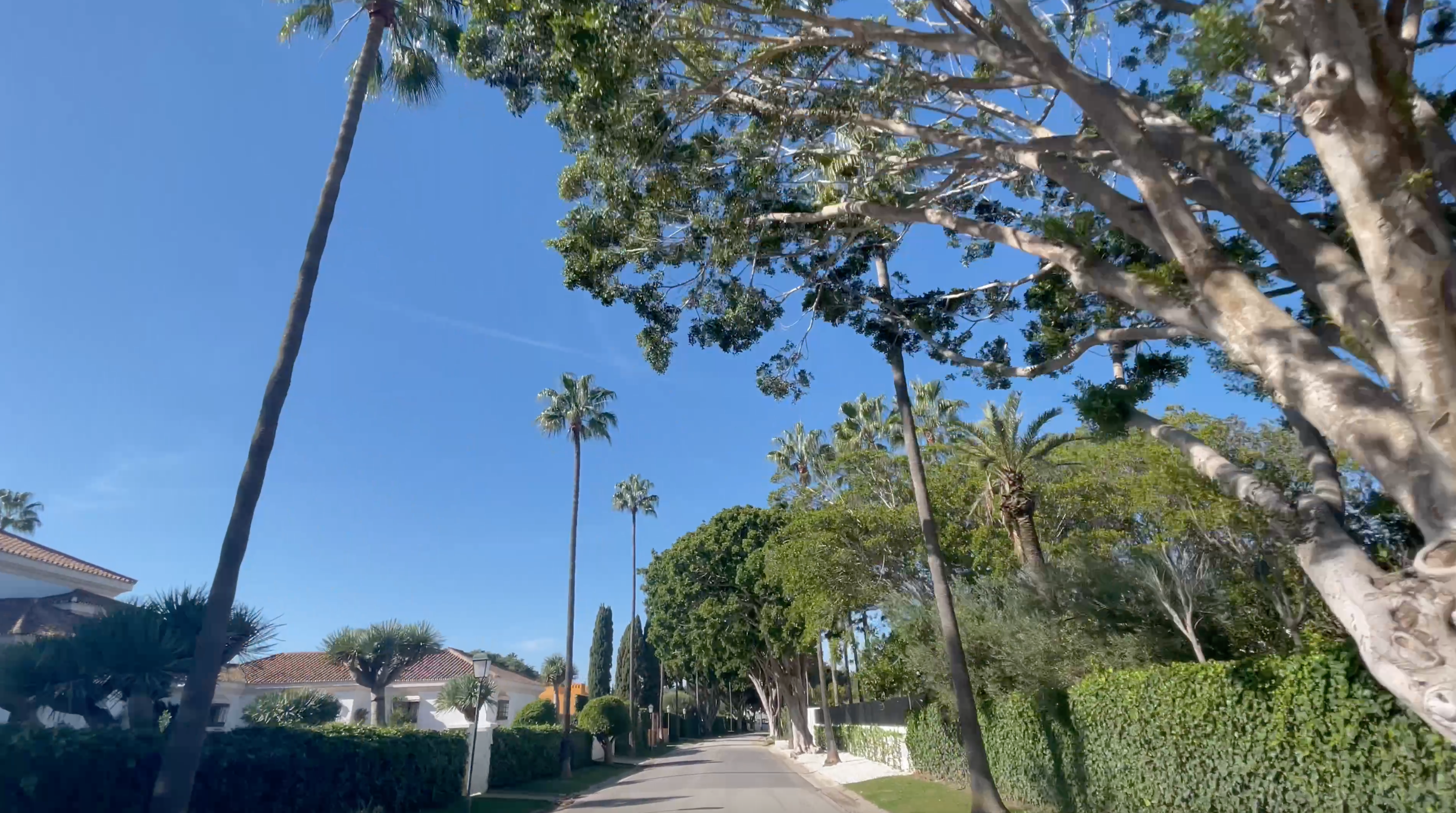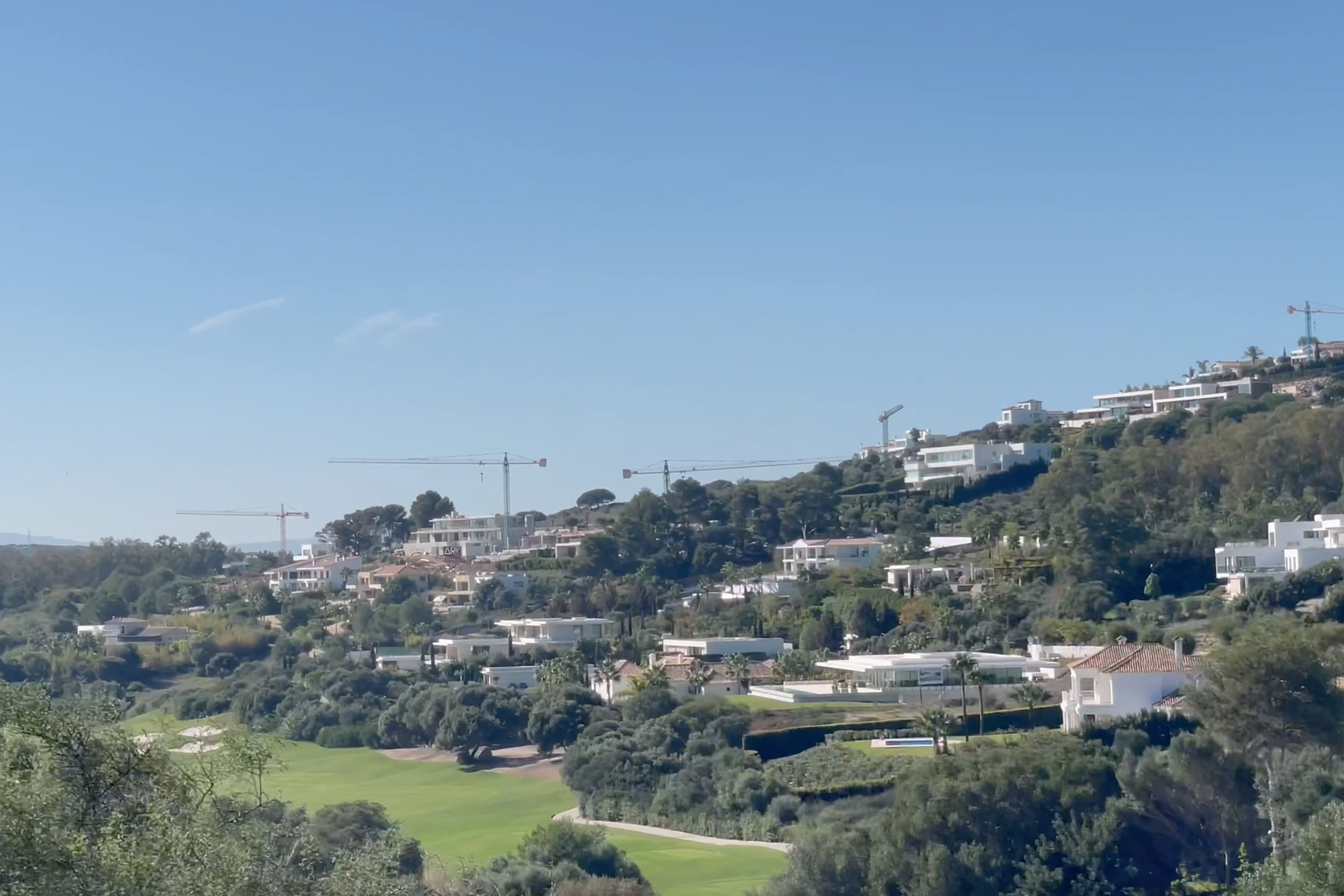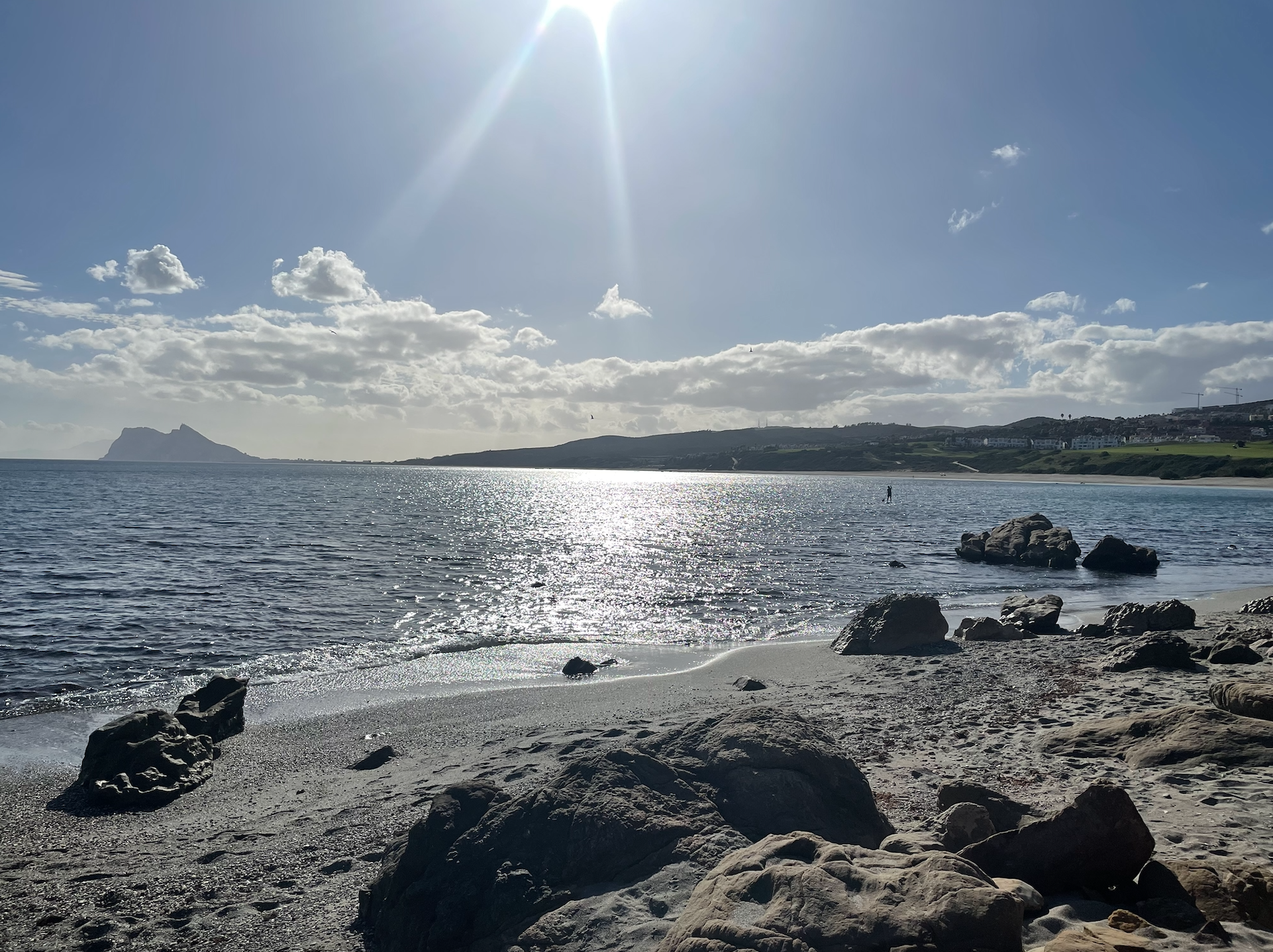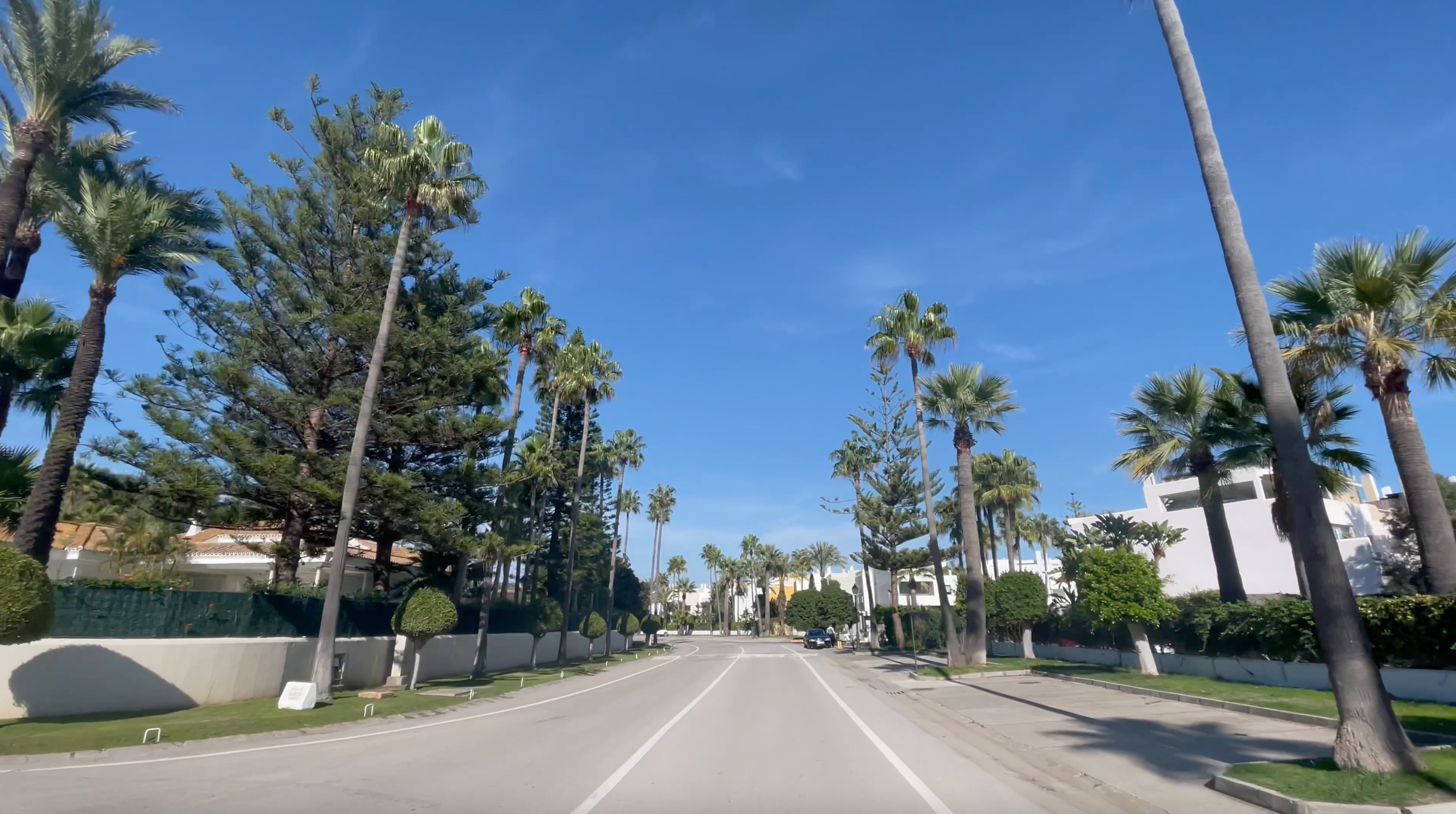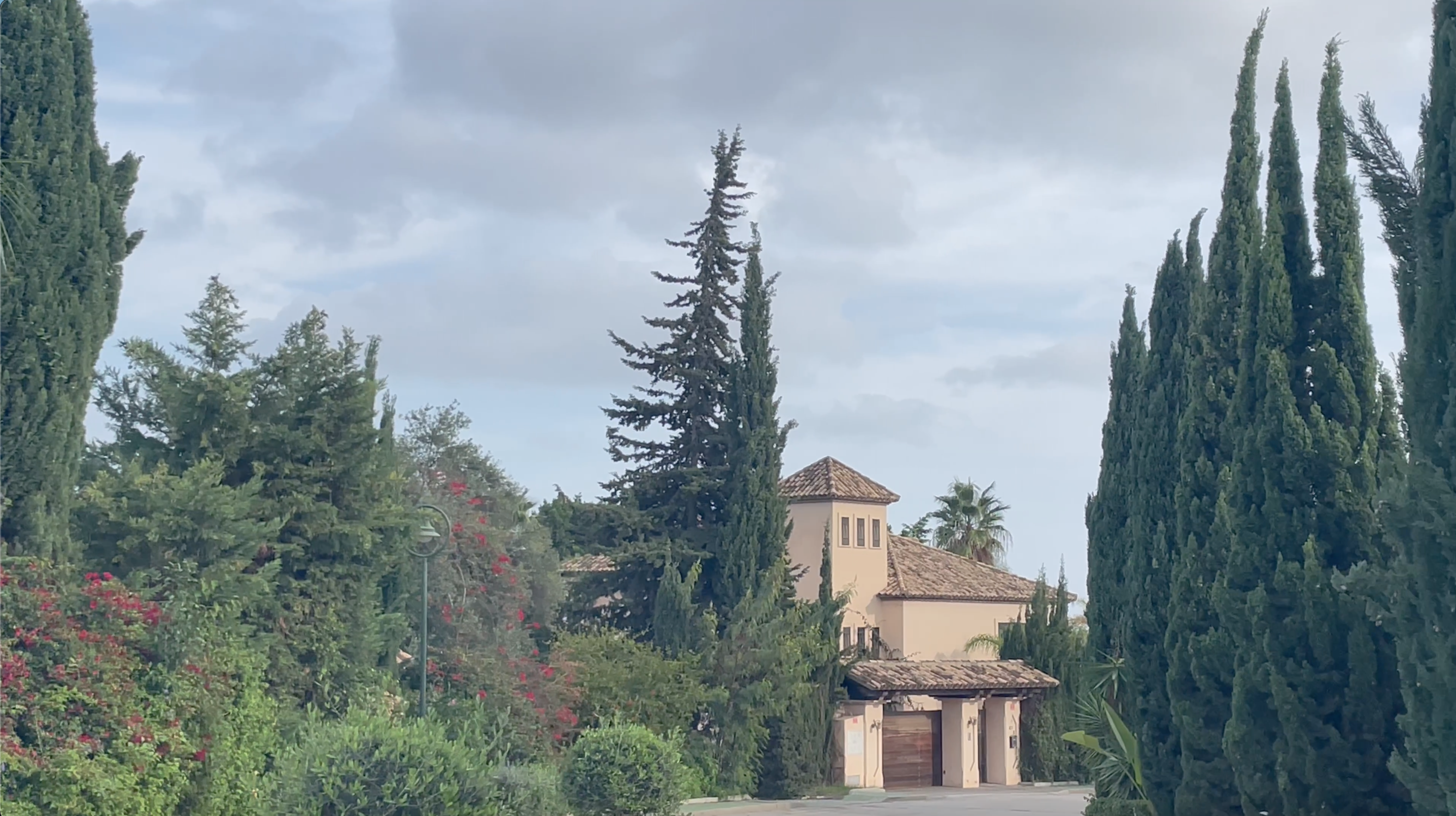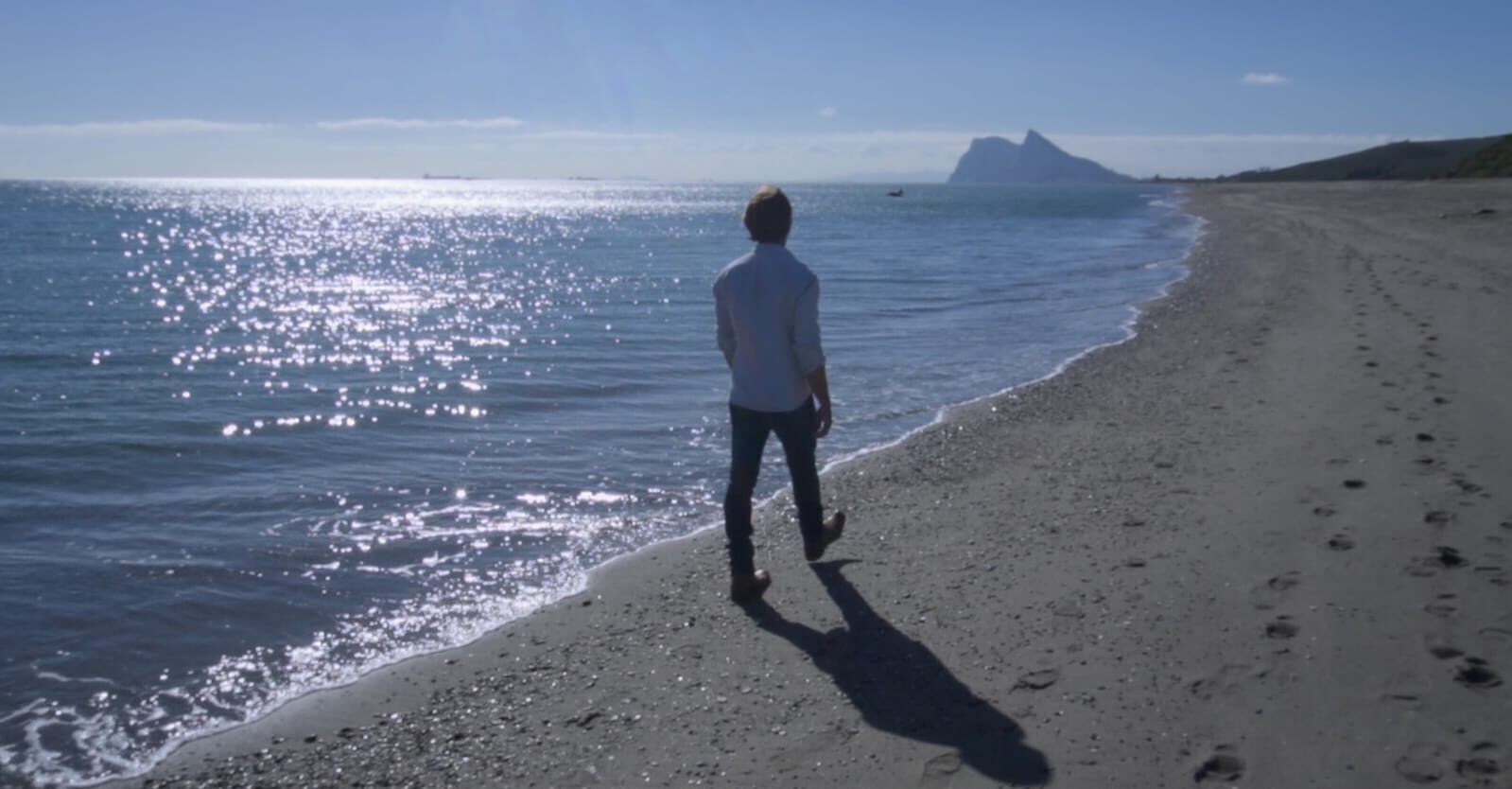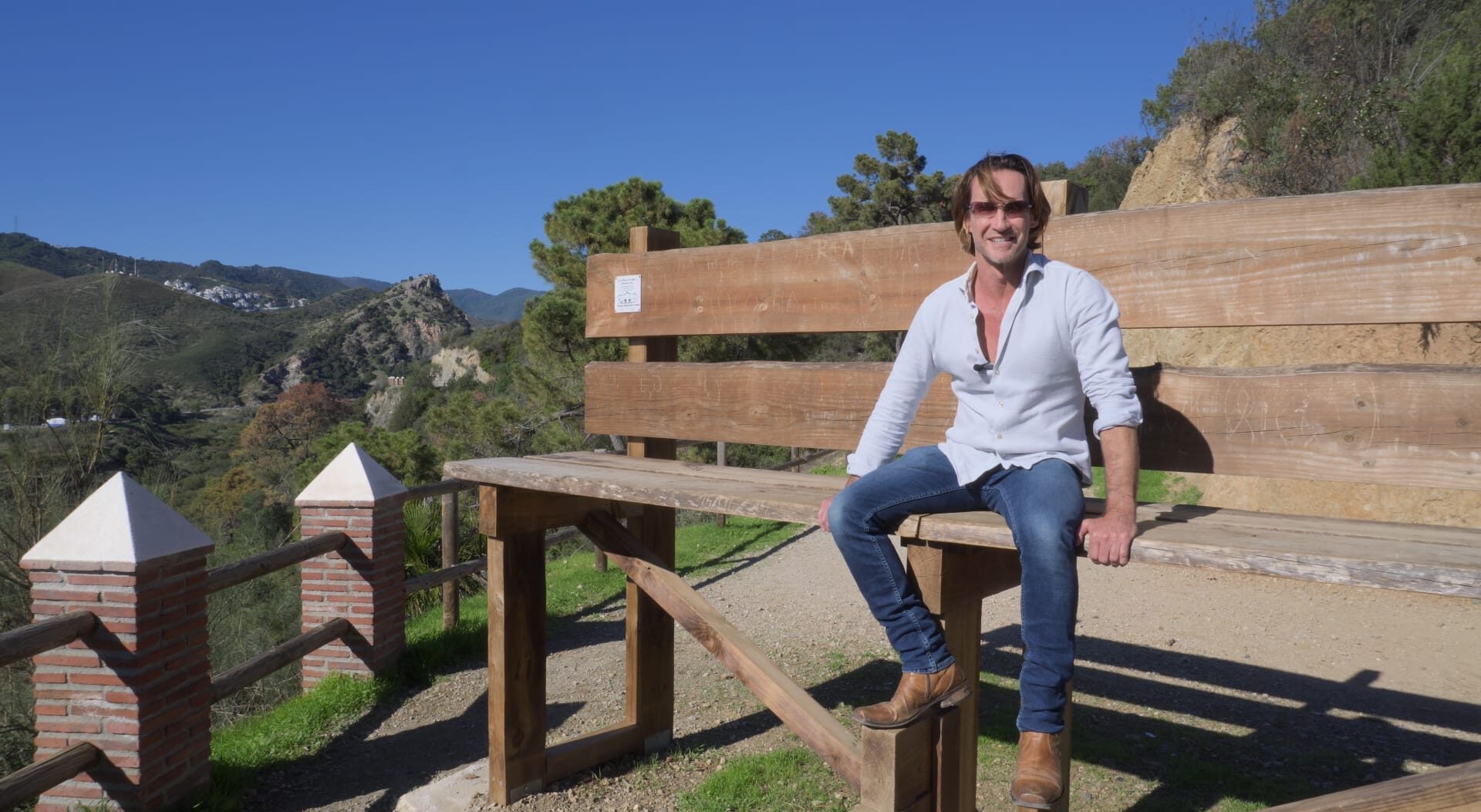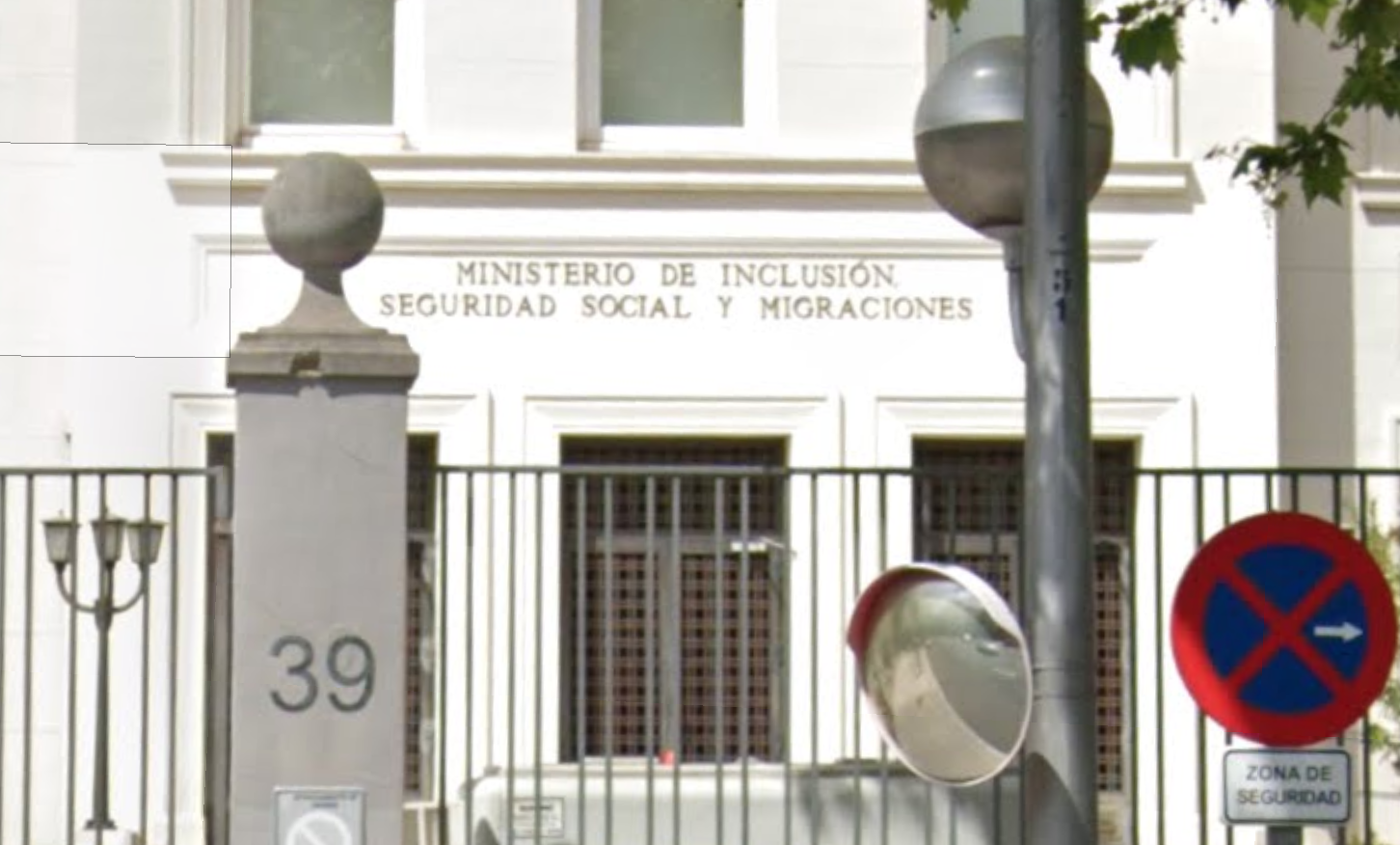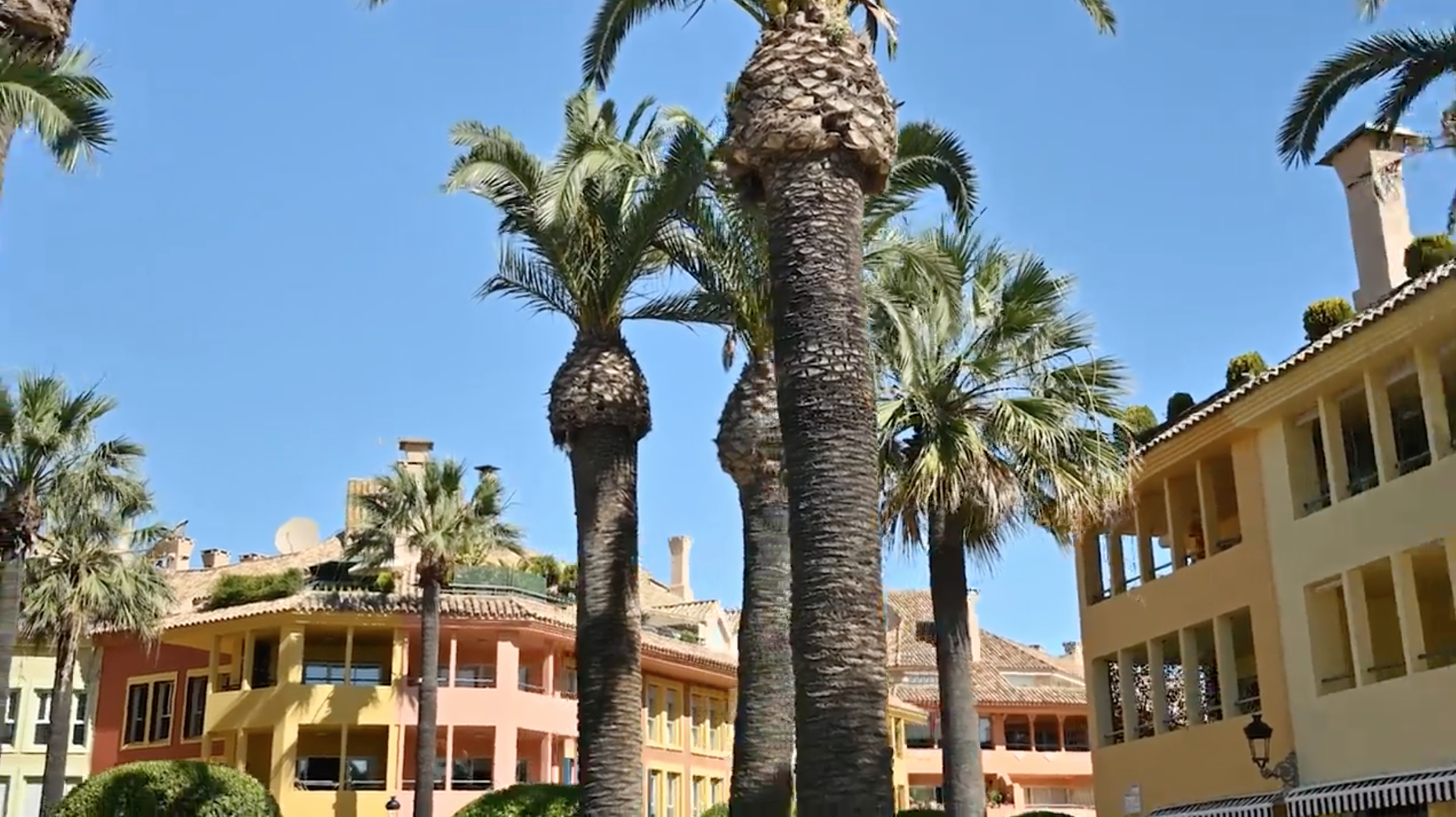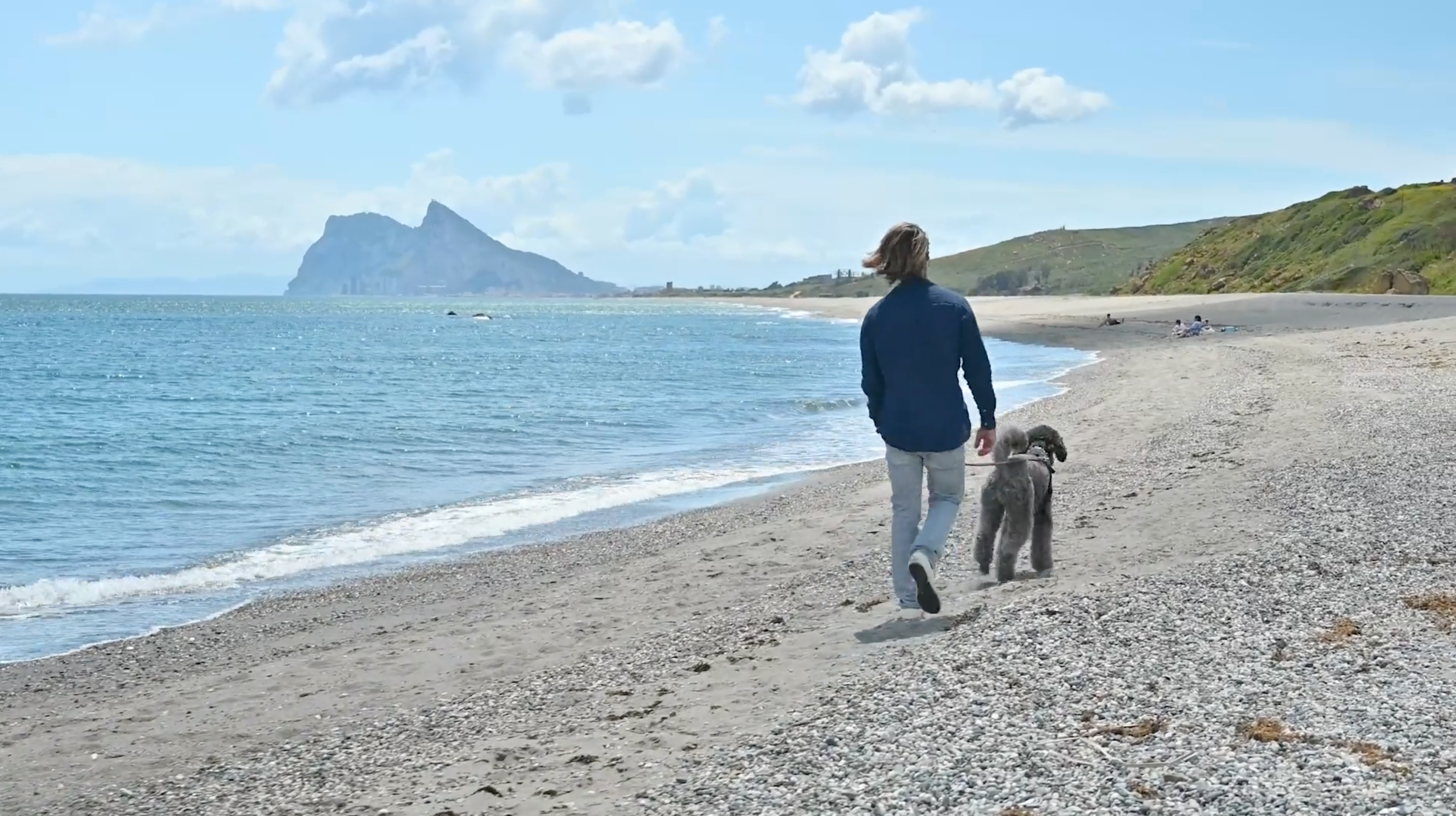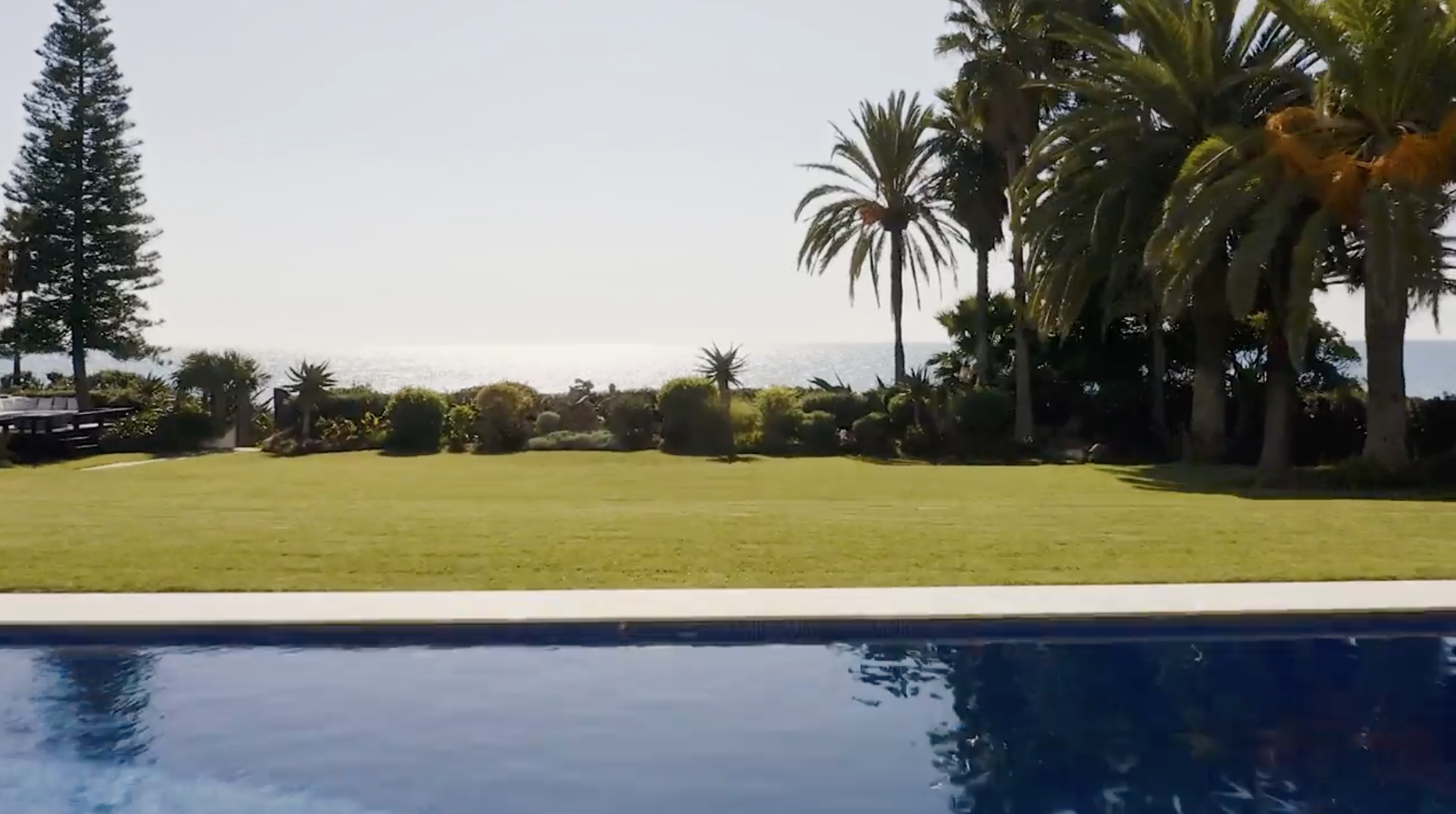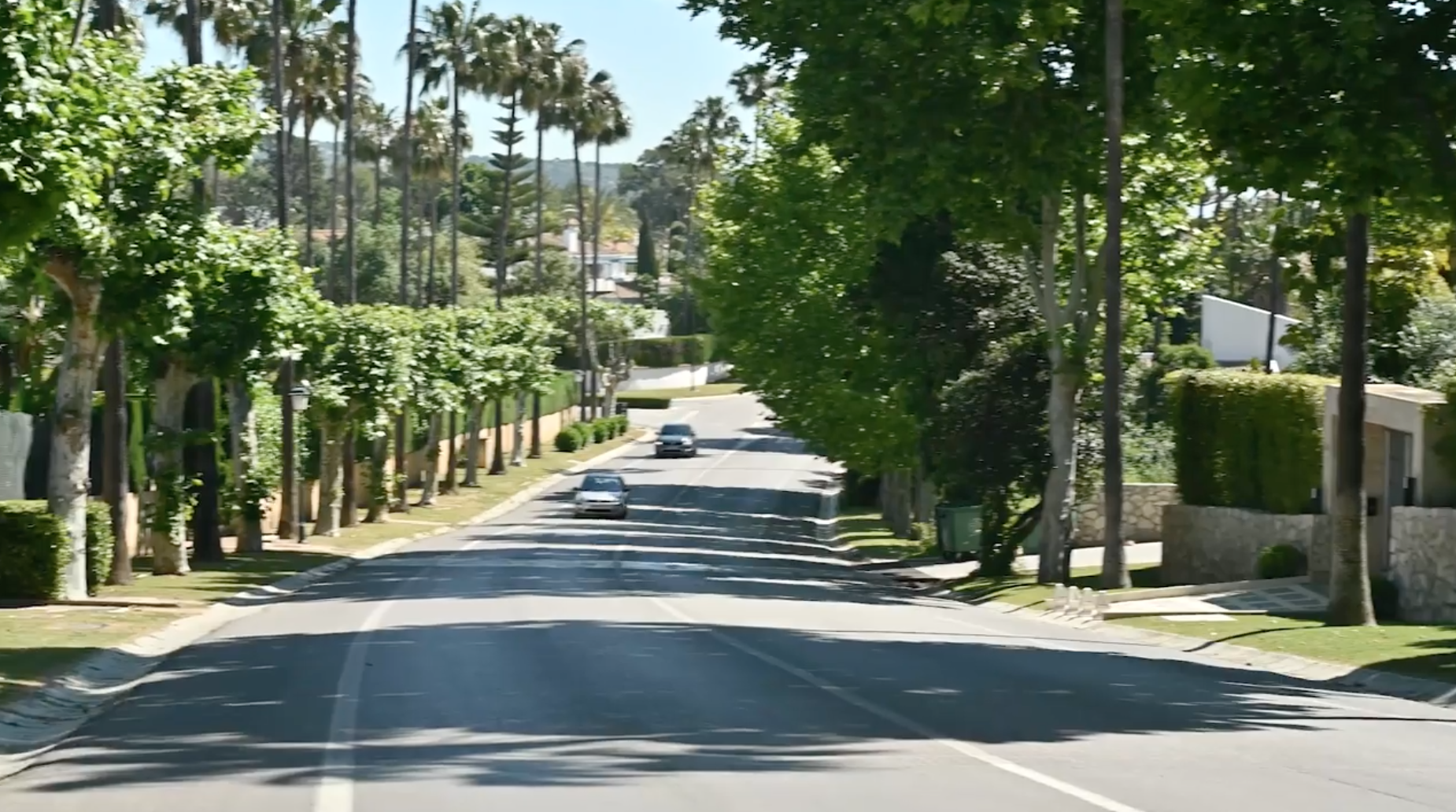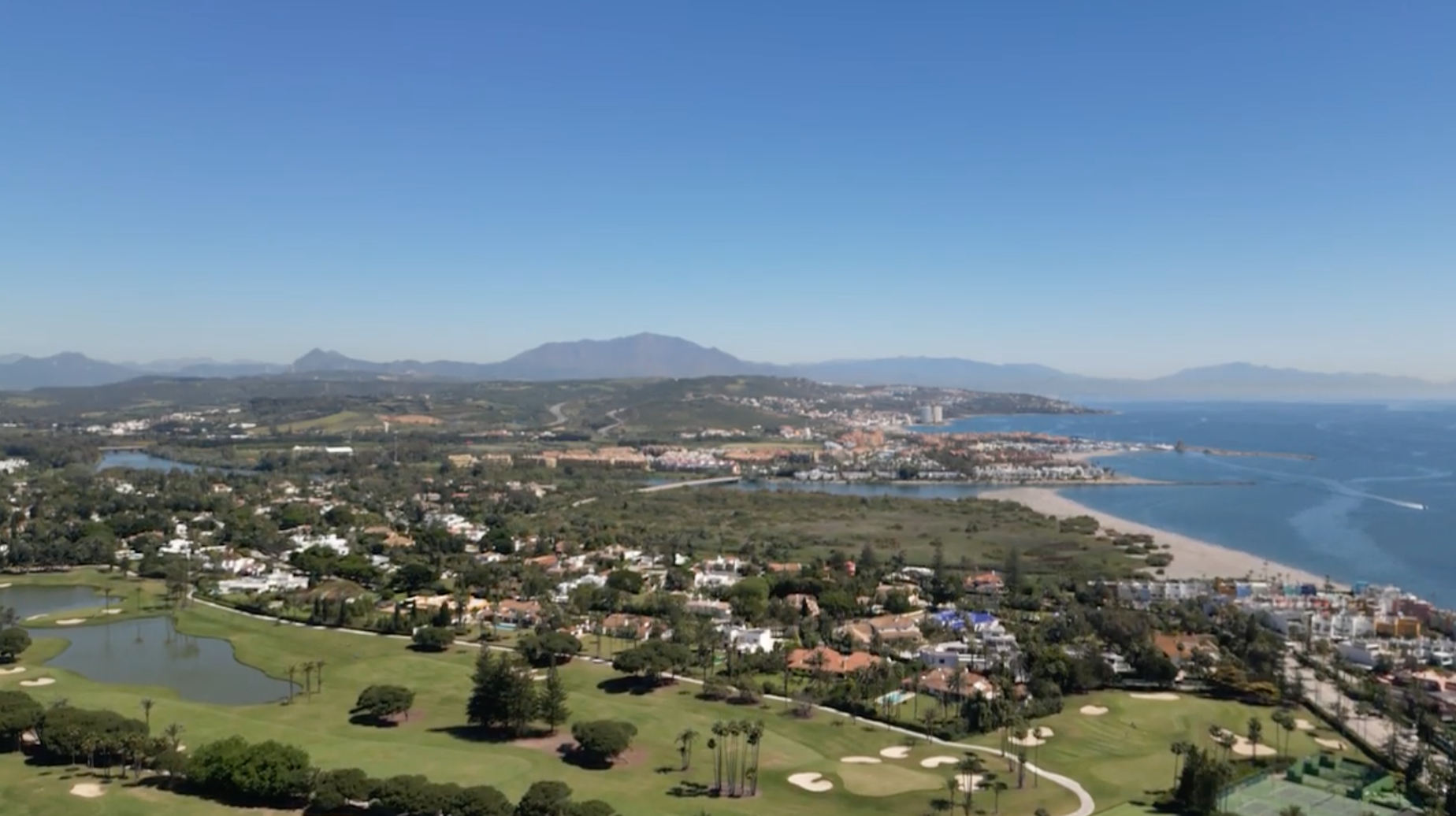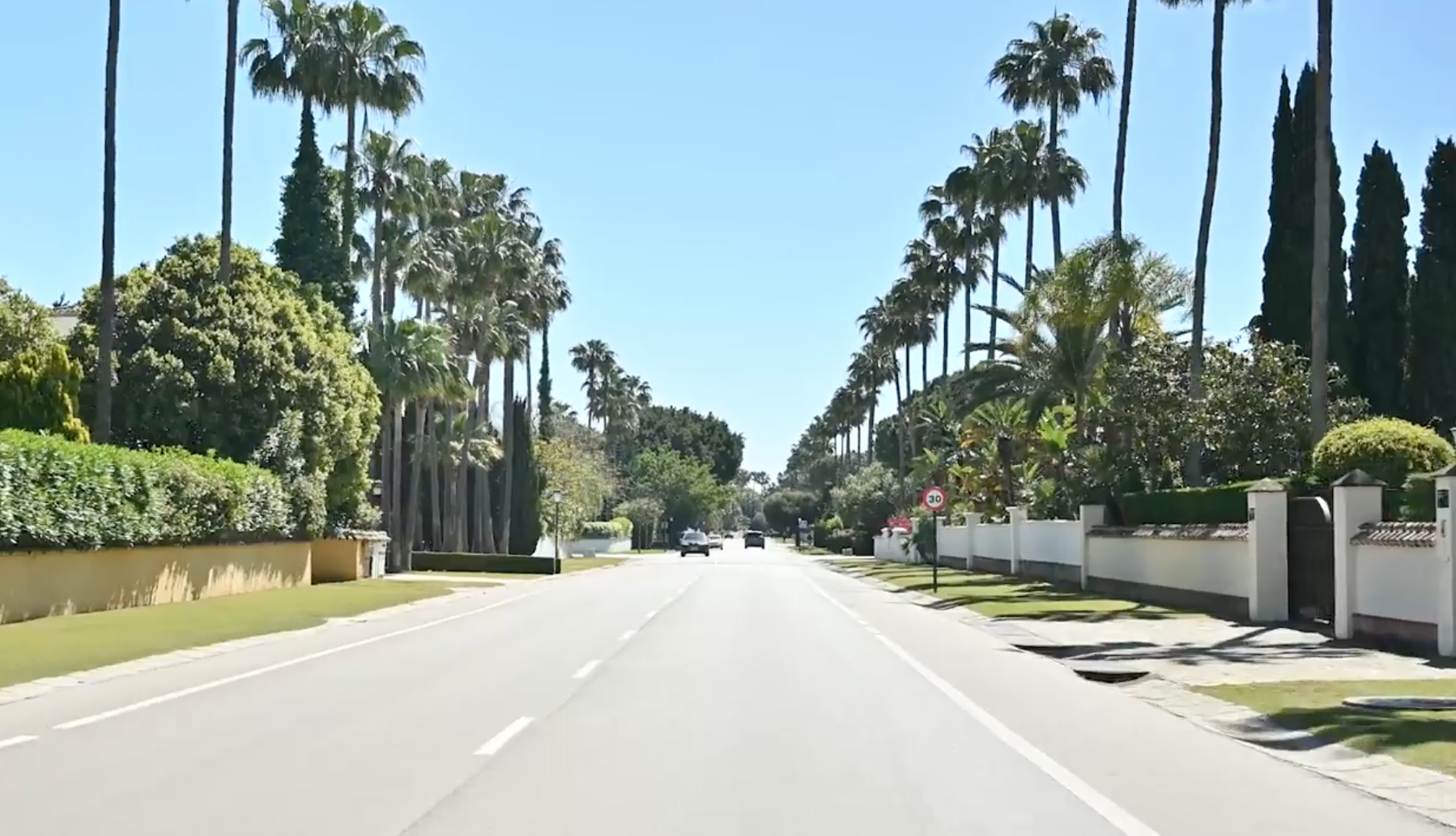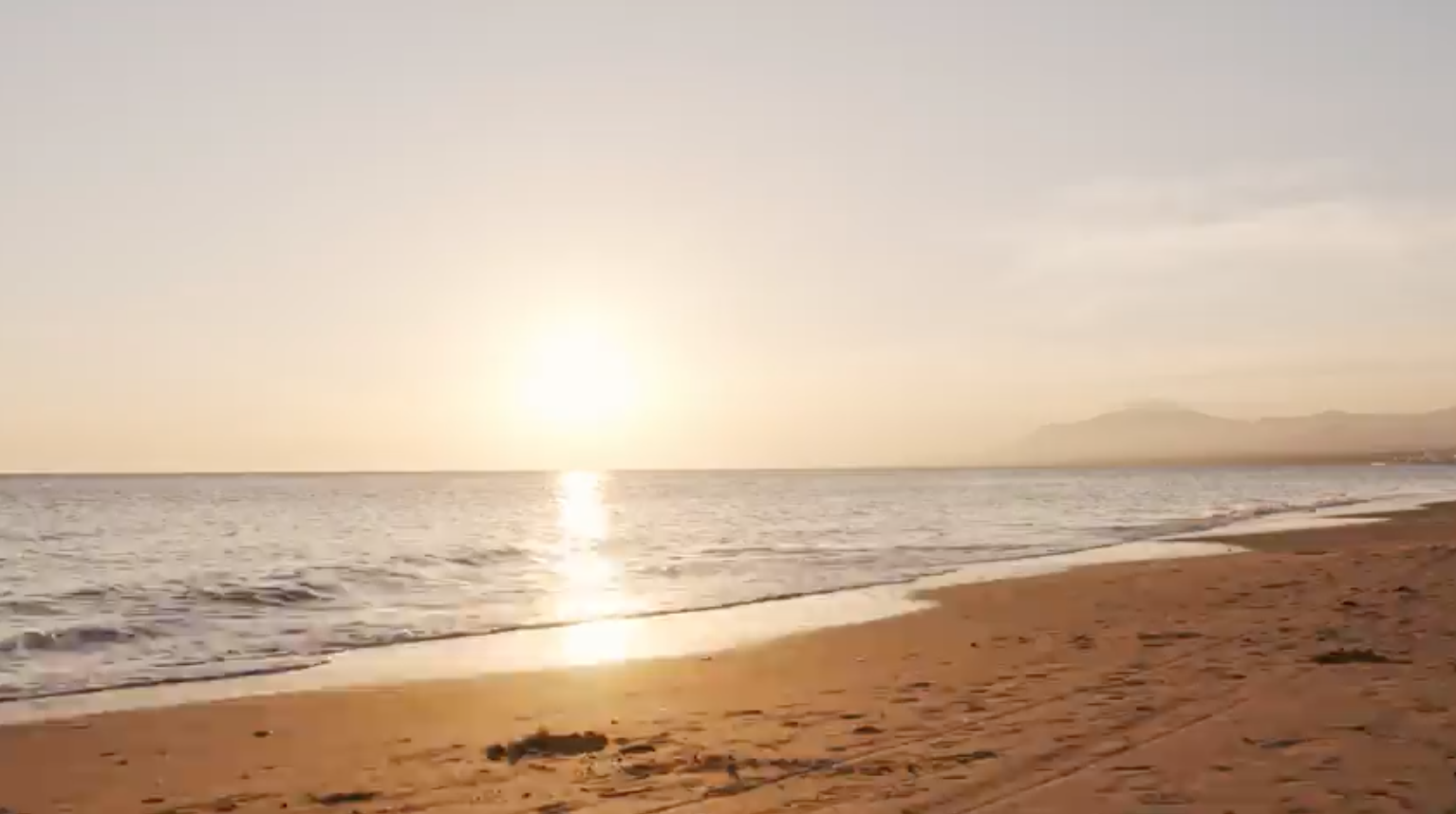Renting Out Costa del Sol Property for U.S. Buyers
Renting out your Spanish property can be a good option for buyers who are not using their second home full time. For U.S. buyers interested in renting out Costa del Sol property when they’re not using it, there are some essential points to consider. From taxes and licenses to the legal landscape around short-term rentals, here’s a guide to help you understand what’s involved.
Taxes for Non-Residents
As a non-resident renting out a property in Spain, you’re subject to Spanish income tax on rental income. For U.S. citizens (and other non-EU residents), this means a flat tax rate of 24% on gross rental income, as expenses are not deductible. This differs from EU residents, who can reduce their taxable income with deductions for costs like maintenance, repairs, or mortgage interest. The tax must be reported quarterly, with payments due by set deadlines throughout the year.
If you plan to rent frequently, this tax structure can impact profitability, so it’s crucial to consider these tax obligations upfront. A tax advisor experienced with both Spanish and U.S. tax law can help you understand your reporting obligations and any credits or exemptions to be aware of.
Airbnb and Short-Term Rentals in Spain
The popularity of short-term rentals through platforms like Airbnb has surged along the Costa del Sol, but Spanish municipalities have recently taken steps to regulate these rentals more tightly. As in the U.S., Spain has seen a recent wave of regulatory changes to limit the impact of short-term rentals on local communities. Some cities are introducing caps on the number of days a property can be rented short-term, and many municipalities require that hosts live in the property if renting for fewer than 31 days. Additionally, more local governments are zoning specific areas where tourist rentals are permitted, with restrictions in purely residential neighborhoods.
Obtaining a Spanish Tourist License
To legally rent out a property for short-term stays in Spain, property owners must obtain a tourist rental license. The process is fairly straightforward and typically includes the following steps:
- Property Standards: The property must meet certain standards, such as having heating and cooling systems, emergency contact information, and safety equipment like fire extinguishers.
- Application Process: Applications are submitted at the local ayuntamiento (town hall). You’ll need documentation like proof of property ownership and a certificate showing compliance with local safety standards.
- Compliance Inspections: In a few cases, municipalities will inspect the property to confirm it meets all requirements before issuing a license. Failure to comply with regulations can result in fines or the license being revoked.
- Liability Insurance: Some areas require properties to have liability insurance covering guest-related incidents. Even where not mandatory, such insurance is advisable to mitigate potential risks.
Upon approval, the property is assigned a unique registration number, which must appear in all marketing materials, from online listings to printed ads.
The Market for Tourist Rentals on the Costa del Sol
The Costa del Sol’s sunny climate, beachfront access, and robust local attractions make it one of Spain’s most in-demand rental markets, especially during the peak tourist season. The demand varies seasonally, with peak rates in the summer, while winter months see reduced demand. Owners may consider longer-term rentals during the off-season to maintain occupancy. For owners who do not reside in Spain, management companies exist that can help with maintenance of your Costa del Sol property.
Additionally, while city-center properties in hotspots like Marbella or Fuengirola have strong demand, rural villas and properties with privacy and scenic views or adjacency to golf tournaments may also be attractive income-producing short-term rentals. The demand for quality vacation rentals remains strong, particularly for well-located properties that have all the bells and whistles.
More blog posts
Keep in touch
"*" indicates required fields
